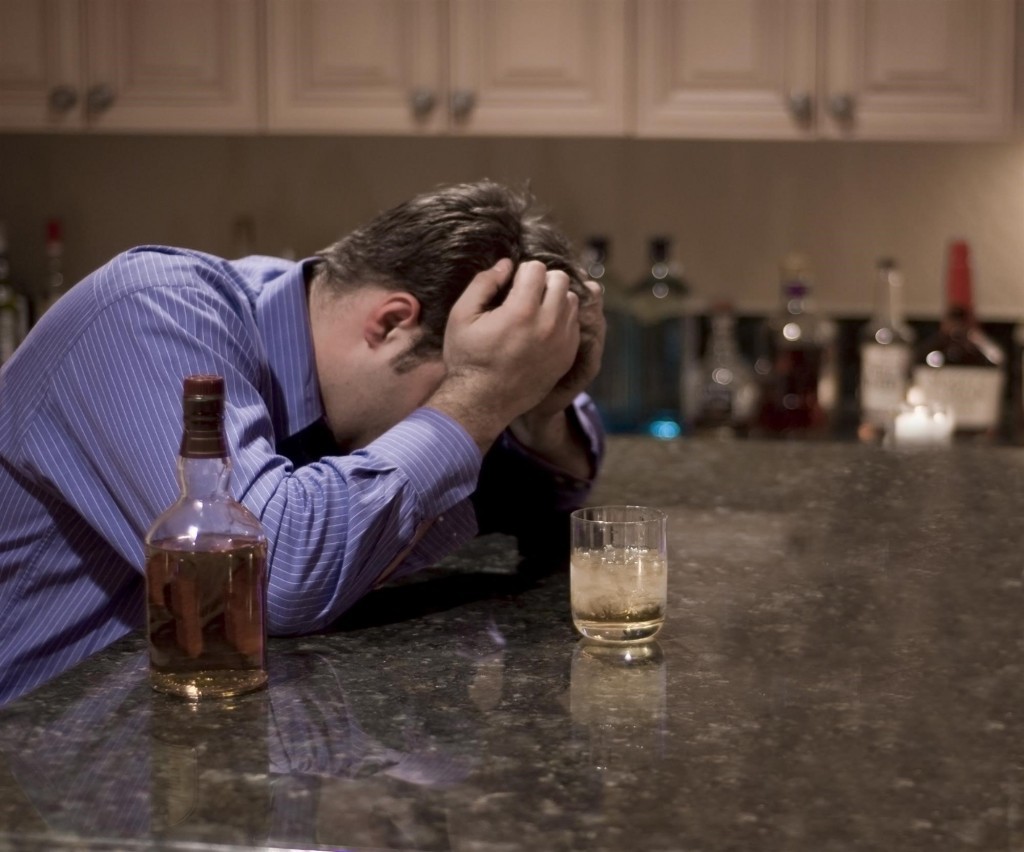Is Alcohol a Drug?
One of the biggest questions that people ask is whether or not alcohol is a drug, and the answer is yes, it is. In fact, alcohol is not only classified as a drug, it’s known as a central nervous system depressant as well.
When consumed, alcohol affects the brain in many of the same ways that prescription drugs do. It has similar effects to sedatives, antipsychotics, sleeping pills, and tranquilizers. Because of how it interacts and impacts the body, alcohol is considered a drug.
While alcohol is commonly referred to as a “substance,” it’s one of the most widely used, legalized drugs that is regulated by the Department of the Treasury’s Alcohol and Tobacco Tax and Trade Bureau. This agency regulates advertising, distribution, labeling, production, and the import of alcohol beverages.
How Alcohol Affects the Body
Many people believe that alcohol is a stimulant. This is because some people experience a temporary sense of happiness and feelings of being weightless and carefree. Consuming a small amount of alcohol can help people to relax and unwind, which is why some people mistaken it as a stimulant.
But, the more alcohol that you consume, the more evident the depressant effects become. Alcohol is a drug and can cause a wide range of side effects, including:
- Slurred speech
- Lowered inhibitions
- Loss of control over motor functions
- Tiredness
- Numbness
Excessive alcohol consumption can cause vomiting, especially if too much alcohol is consumed in a short amount of time. Others experience severe mood swings and go from feeling overly happy to feeling depressed.
Does Legality Mean Acceptability?
One of the biggest reasons why people don’t seem to mind the fact that alcohol is a drug is because it’s legal for anyone over the legal drinking age. Alcohol is available at nearly every restaurant you go to and is socially acceptable at most social gatherings.
However, underage drinking is and continues to be a common occurrence, especially amongst middle school and high school students. We also know that alcohol consumption is extremely common amongst college students as well. The problem is that underage drinking can lead to a wide range of health problems, including dependency and addiction.
Consider this scenario: A 13-year-old starts drinking every weekend with his friends over the summer. Because of these actions, this teen faces a much higher risk of becoming an alcoholic. Because a teenager’s body is still growing and maturing, there’s a risk that alcohol consumption will interfere with brain development that could have lasting impacts on learning, memory, and cognition. Excessive alcohol consumption may even cause liver damage.
Another big concern that we face as a society is when teens leave home to attend college. College students routinely experience situations where alcohol is readily available. These students often face peer pressure to try alcohol, and most do simply to fit in with the “cool” crowd.

Unfortunately, college students are at an increased risk of developing problems with binge drinking, which is when an excessive amount of alcohol is consumed in a short period of time. This runs the risk of all sorts of dangerous health issues, including:
- Alcohol poisoning
- Excessive vomiting
- Dehydration
These can all lead to coma and possible death! At a minimum, someone who binge drinks on a routine basis is at an extremely high risk of becoming dependent on alcohol in order to function.
What Is Alcohol Dependency?
Alcohol is considered a drug, which means that you can become dependent and addicted to it. Alcoholism develops over a span of time and often starts with regular, ongoing consumption. Someone who is dependent on alcohol will have strong cravings or a desire to experience the effects of alcohol.
But over time, someone who is dependent on alcohol will have to drink more of it in order to maintain the same effects. Some have no control when they drink and find it impossible to limit themselves to just having a few.
For someone who is facing alcoholism, drinking only serves one purpose: to get drunk.
Can an Alcoholic Quit Drinking?
Everyone has the power to quit drinking and using drugs, but for many, the process of doing so is painful and simply not worthwhile.
When an alcoholic tries to drop drinking, they’re likely to experience all sorts of withdrawal symptoms. Some of the most common symptoms include:
- Hot and cold spells
- Panic attacks
- Shaking
- Delirium tremens
Because the withdrawal experience is uncomfortable and sometimes painful, many go back to alcohol as a way to regain control and to put an end to withdrawal symptoms. In turn, the cycle of dependence and addiction continues, and oftentimes, the problem gets worse.
Alcoholics will do anything and everything to ensure that they have access to alcohol. Some will prioritize drinking and alcohol over maintaining relationships with friends and family members. Others will throw away their family life, career, and education because of drinking.
Help Is Available at Yellowstone Recovery
Once you understand the fact that alcohol is a drug, the next step is making the choice to seek help. Alcoholism ruins relationships, results in poor decisions, and can have life-altering consequences for yourself and those around you.
Even though alcohol is legal and can be consumed once you reach the legal drinking age, this doesn’t mean that alcohol isn’t a drug or isn’t dangerous. If your life is controlled by alcohol and you want to regain control, the team at Yellowstone Recovery is here to help.
We offer an affordable drug rehab facility that provides effective programs and treatments that are designed to help you overcome, learn, and grow. To learn more about our alcohol rehab programs in Orange County, call Yellowstone Recovery at (888) 941-9048 today!
- Treatment Options
- Program Curriculum
- Program Services








